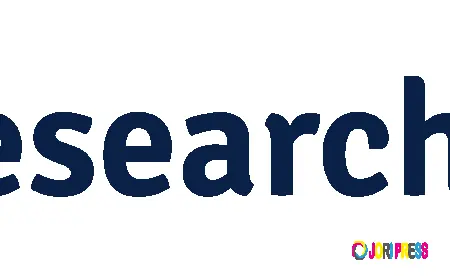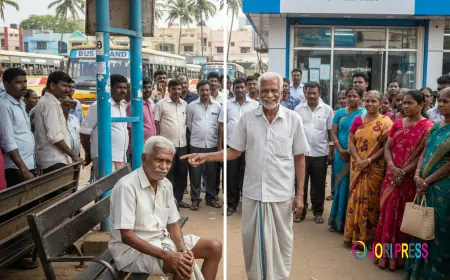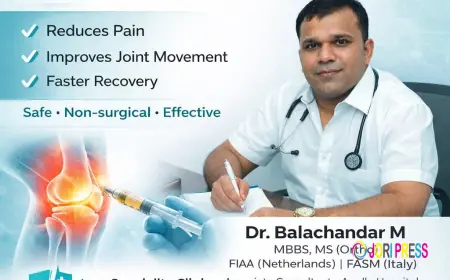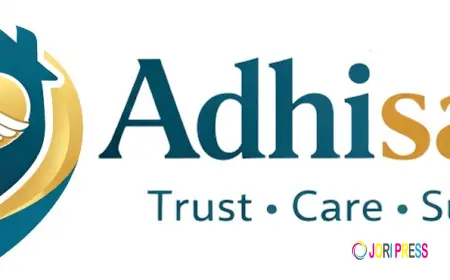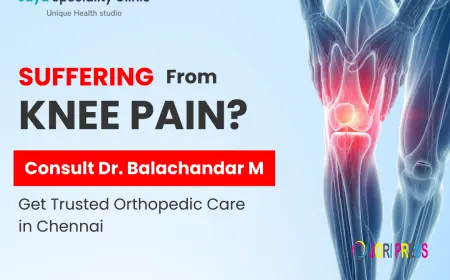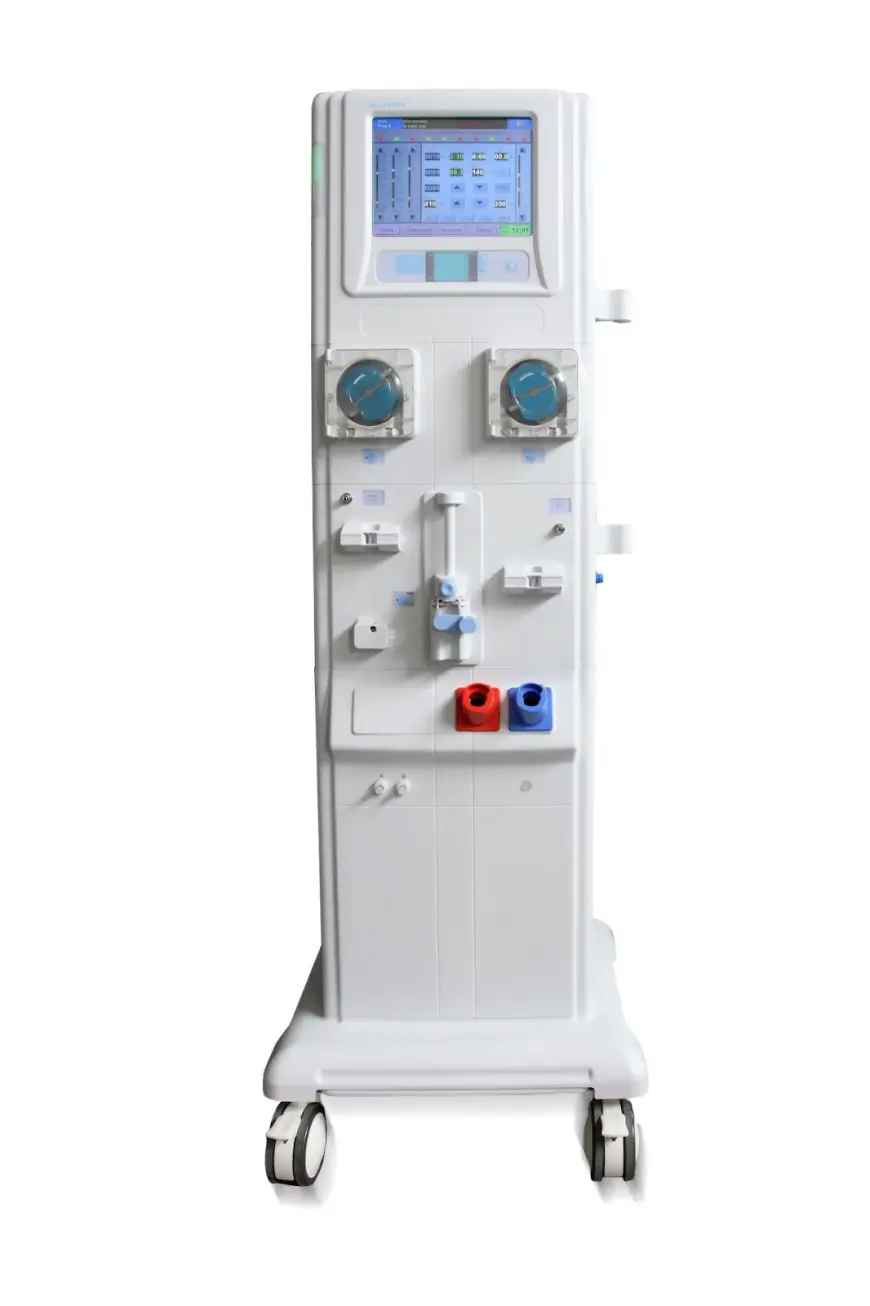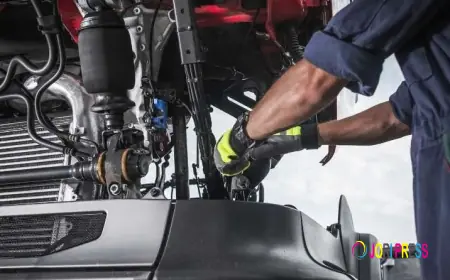Ayush License and Hemodialysis Machine Price Guide for Doctors
The Ayush License is an essential certification for practitioners and businesses involved in Ayurveda, Yoga and Naturopathy, Unani, Siddha, and Homeopathy (AYUSH).
In the medical world, knowledge is power. Doctors, healthcare practitioners, and hospital administrators need to stay informed about the latest regulations and equipment to deliver top-notch patient care. Two essential elements in modern healthcare are the procurement of an Ayush License and understanding the cost dynamics of hemodialysis machines. This guide aims to provide in-depth information on both these crucial topics, serving as a go-to resource for healthcare professionals.
Understanding the Ayush License
What is an Ayush License?
The Ayush License is an essential certification for practitioners and businesses involved in Ayurveda, Yoga and Naturopathy, Unani, Siddha, and Homeopathy (AYUSH). Issued by the Ministry of Ayush, Government of India, this license ensures that practitioners adhere to the prescribed standards of safety and quality.
Importance of Obtaining an Ayush License
-
Regulatory Compliance: It ensures that the business or practitioner complies with governmental regulations and guidelines.
-
Credibility and Trust: Having an Ayush License enhances the trust and credibility among patients, which can significantly boost business.
-
Market Access: It allows for the legal sale of AYUSH products both nationally and internationally.
-
Standardization: Guarantees that the practices and products meet specific safety standards, thereby protecting patient health.
Types of Ayush Licenses
-
Manufacturing License: For businesses engaged in the manufacture of AYUSH products.
-
Retail License: For pharmacies and retail shops selling AYUSH products.
-
Wholesale License: For distributors and wholesalers dealing in large quantities of AYUSH products.
-
Loan Licensing: For companies that don’t have their manufacturing facilities and use third-party manufacturing.
Steps to Obtain an Ayush License
-
Research Requirements: Understand the specific requirements for the type of Ayush License you need.
-
Prepare Documentation: Gather all necessary documents, which usually include proof of premises, product details, and qualifications.
-
Submit Application: Submit the application either online or offline to the respective state government authority.
-
Inspection: Authorities may conduct an inspection of your premises and products.
-
Approval: Once all requirements are satisfied, the license will be issued.
A Comprehensive Guide to Hemodialysis Machine Prices
What is a Hemodialysis Machine?
A hemodialysis machine is a medical device used to perform dialysis, which replaces the function of the kidneys in patients with chronic kidney disease. The machine filters the blood, removing waste products and excess fluid.
Factors Influencing Hemodialysis Machine Price
-
Brand and Make: Established brands often command higher prices due to their reliability and advanced features.
-
Functionality: Machines with advanced features like online clearance monitoring, automatic priming, and ultrafiltration control cost more.
-
After-sales Service and Warranty: Comprehensive service packages and longer warranties add to the cost.
-
Geographical Location: Taxes, import duties, and local economic conditions can impact the price.
Price Range of Hemodialysis Machines
In India, the price of a hemodialysis machine can range from INR 5 lakhs to INR 20 lakhs ($6,000 to $25,000). Here are some examples:
-
Basic Models: These are entry-level machines with essential functionalities, priced between INR 5 lakhs to INR 8 lakhs ($6,000 - $10,000).
-
Mid-Range Models: These machines offer additional features and better user interfaces, costing between INR 8 lakhs to INR 15 lakhs ($10,000 - $18,000).
-
High-End Models: Equipped with the latest technology and advanced features, these machines can cost upwards of INR 15 lakhs to INR 20 lakhs ($18,000 - $25,000).
Cost Implications for Healthcare Facilities
-
Initial Investment: Procuring a hemodialysis machine represents a significant upfront investment.
-
Maintenance Costs: Regular maintenance and servicing add to the ongoing costs.
-
Training: Staff need training to operate machinery effectively, which can also incur additional expenses.
-
Patient Throughput: Facilities should consider the number of patients they can serve with the machine to gauge the cost-effectiveness.
Choosing the Right Hemodialysis Machine
-
Patient Load: Assess the number of patients you expect to serve.
-
Budget: Factor in not only the cost of the machine but also the maintenance and potential down-time expenses.
-
Feature Requirements: Determine which features are absolutely necessary based on your healthcare setting.
-
Supplier Reputation: Opt for reputable suppliers who offer good after-sales service and support.
Financing Options
To mitigate the high upfront costs, healthcare facilities can explore various financing options such as:
-
Medical Equipment Loans: Many banks and financial institutions offer loans specifically tailored for purchasing medical equipment.
-
Leasing Options: Leasing allows healthcare facilities to use the equipment for a fixed period while paying in installments.
-
Government Grants and Subsidies: Check for any government schemes or subsidies available for healthcare infrastructure development.
Conclusion
For doctors and healthcare facilities, obtaining an Ayush License and understanding hemodialysis machine prices are crucial for regulatory compliance and effective patient care, respectively. The Ayush License ensures that your practice adheres to strict quality standards, enhancing both credibility and market reach. On the other hand, being well-informed about hemodialysis machine prices and the factors influencing them helps in making a strategic investment.
In an ever-evolving medical landscape, staying informed about these facets can make all the difference between running a compliant, successful practice and encountering unnecessary hurdles. By following the guidelines outlined in this article, healthcare practitioners can streamline their operations, ensuring that they provide the highest standard of care to their patients while maintaining regulatory compliance and financial efficiency.
What's Your Reaction?
 Like
0
Like
0
 Dislike
0
Dislike
0
 Love
0
Love
0
 Funny
0
Funny
0
 Angry
0
Angry
0
 Sad
0
Sad
0
 Wow
0
Wow
0
